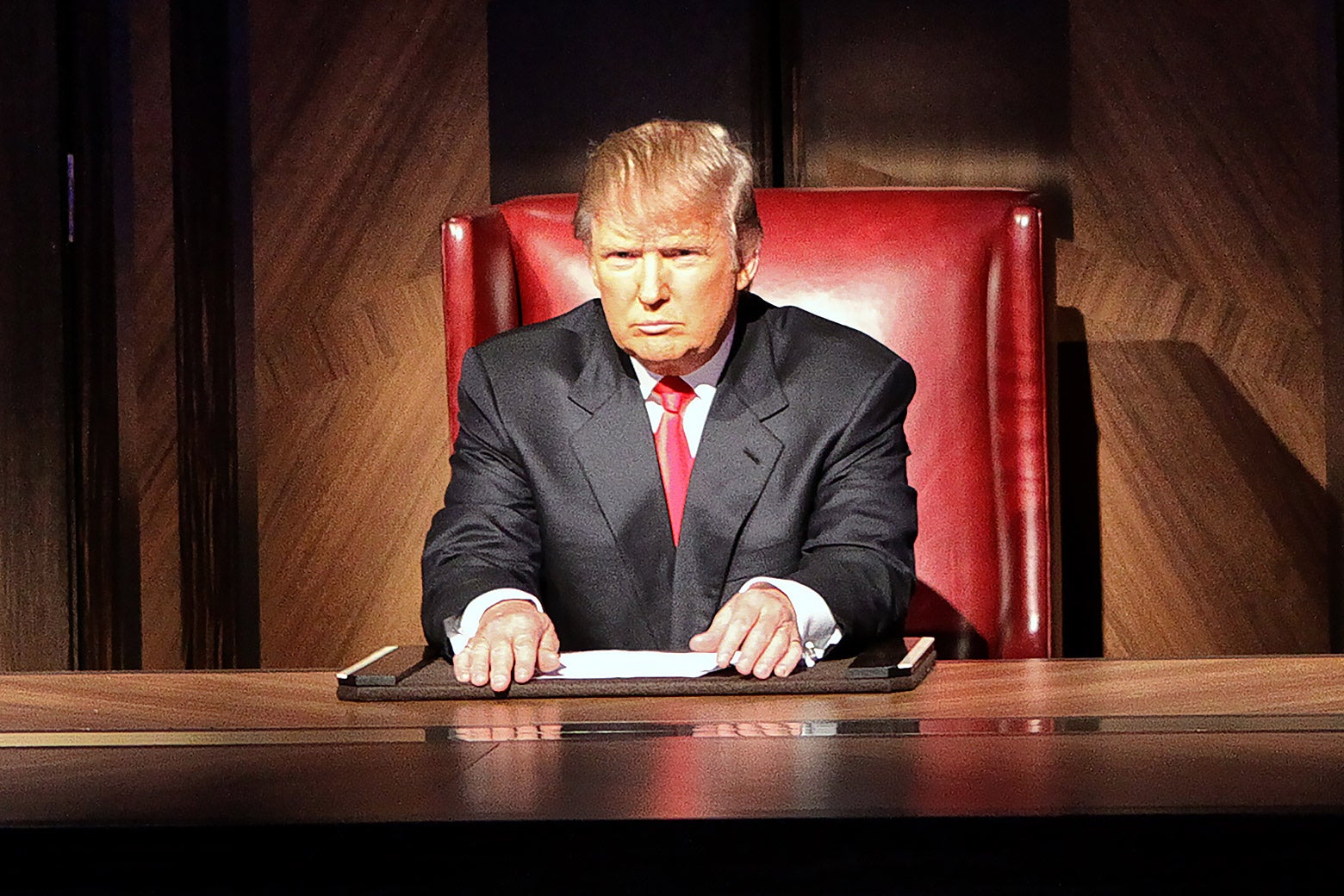On Monday, the FBI carried out a surprise search of Donald Trump’s residence and the surrounding premises at the Mar-a-Lago resort in Palm Beach, Florida. In the days since, anonymously sourced reporting has suggested that one major reason for the raid was that federal officials, including those at the National Archives, had come to believe Trump was in possession of material taken from the White House that is supposed to be stored elsewhere. On Thursday night, the Washington Post reported that “classified documents relating to nuclear weapons” were among the items that agents were looking for.
While the average voter may not be concerned about whether former presidents are following federal archiving guidelines to the letter, nuclear secrets are a different matter, to the point that the phrase “nuclear secrets” is often used as shorthand for material that could compromise national security to a catastrophic degree if it fell into the wrong hands. You don’t want ISIS getting instructions for building a hydrogen bomb, or at least I don’t want that. Earlier this week, when the media was rife with speculation over what the FBI could have been seeking during its raid, Fox News’ Dana Perino said, “Short of the nuclear codes being written on these documents, locked behind closed doors, I just really don’t understand how a document could warrant this kind of warrant.”
As has been noted for years, moreover, Mar-a-Lago is a working business whose guests don’t have to pass background checks, and, apparently, some of the documents that were retrieved were chilling in a regular old storage room by the pool:
Basically, the classified-document version of a Corona commercial!
To be clear, the Department of Justice has not confirmed that nuclear weapons information was found during the search, but Trump doesn’t seem too confident that it wasn’t.
Faced with the news that the former president may have been storing literal nuclear secrets in a hallway closet near a hotel pool, some Republicans have responded by floating legal theories that would exculpate him. NBC News spoke to someone from the conservative Heritage Foundation, for instance, who argues that the president can declassify material using the power of thought.
“If any president decides to declassify a document and doesn’t tell anybody — but he has made the decision to declassify something — then the document is declassified,” Stimson said.
He added that “there’s a rich debate about whether or not a document is declassified if a president has decided but not communicated it outside of his own head,” but Stimson said he would rather be the defense than the prosecution if the dispute ever went to trial.
Other legal experts quoted in the article, and the U.S. Court of Appeals for the 2nd Circuit, are among those involved in this purportedly rich debate who take a different position on brain ray–only declassification.
There’s also this:
The phone genius in that clip is Rep. Michael Turner of Ohio, who is the ranking Republican on the House Intelligence Committee.
Oklahoma Rep. Markwayne Mullin complained at the same press conference that the media ignored Hillary Clinton’s possession of classified material in its coverage of the 2016 election, a claim that is at best arguable. Right-wing commentators including Ben Shapiro and Joel Pollak, meanwhile, are saying that the FBI wouldn’t or shouldn’t have waited until 18 months had elapsed since Trump left office to retrieve actual nuclear secrets.
[Update, Aug. 12, 2022, at 4 p.m.: Trump has released a statement asserting that 1) the material taken from him was declassified, 2) the Department of Justice could have gotten access to it by asking him directly, and 3) Barack Obama also took classified material with him—“to Chicago”—after leaving office. The first claim has not yet been backed up by any sort of paper trail, and as Slate’s Fred Kaplan explains, there is already reporting available that indicates that even if the Trump White House attempted to declassify the documents taken in the raid, the process was not completed—and, further, that he could still be criminally liable for violating laws regarding sensitive information even if it had been. The second claim is undermined by reports that the DOJ issued a subpoena to Trump covering the materials in question, and met with his representatives, earlier this year before ultimately applying for a search warrant. The third has been addressed by a National Archives and Records Administration statement, which notes that it maintains and controls presidential archives, including those associated with Obama’s library in Chicago, and asserts that Obama-era classified materials are in fact held “in the Washington, D.C. area.”
Concurrently, a number of news outlets have reported that an inventory of items taken from Mar-a-Lago, which would have been left by agents on the scene, includes a set referred to as “classified/TS/SCI documents.” That acronym stands for “Top Secret/Sensitive Compartmented Information,” which is an especially high level of classification. Fox’s Bret Baier, in reporting on this development, emphasized that “only one box” of the material had such a marking. “It’s not like they have voluminous boxes of this most classified material,” Baier said, although he did add that this “doesn’t take away from the sensitivity of it or the possible problems that that causes.”]
Is the cost of constantly having to do this kind of creative public-relations triage worth the benefit of having Donald Trump be the essentially permanent leader of the Republican Party, even as early polling shows that key voters are not being convinced? (Politico found that 47 percent of independents at least somewhat approve of the raid, compared with 37 percent who at least somewhat disapprove.) Republicans—including the senator from Florida who specifically said multiple times during the 2016 campaign that he did not think Trump should be entrusted with “nuclear codes“—continue to behave as if it is.
